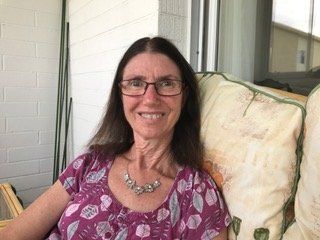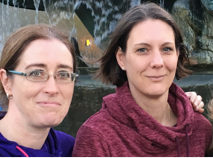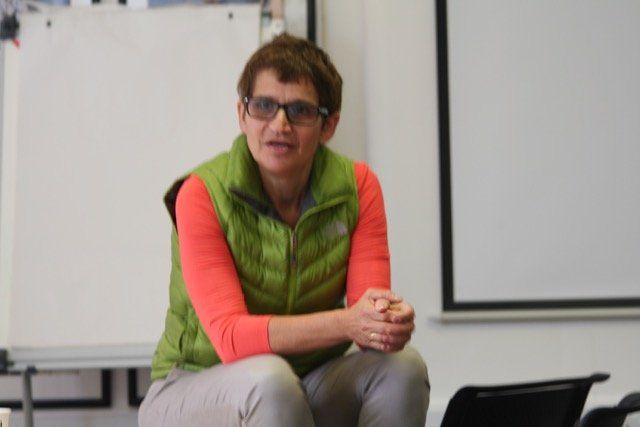The long roots of poor mental health in the medical profession
- by Prof. Alannah Tomkins
- •
- 08 Nov, 2018
- •
Is physician health a millennial problem? Prof. Alannah Tomkins doesn't think so...

At the Wounded Healer conference in London recently, Dr Abigail Zuger asked whether the poor mental health afflicting the modern medical profession was new, or whether it had historical antecedents. Her keynote cited the example of Arthur Anderson MD, an eighteenth-century physician who worked at Bellevue Hospital in New York, and diagnosed himself as suffering with depression of spirits. He left medicine, and Dr Zuger drew parallels between Anderson’s experience and her own decision to give up her medical career, but asked how representative she and Anderson were.
I can’t speak to the American medical profession, but English doctors have a long history of suffering poor mental health as a direct result of their working lives. I know this because my research into lunatic asylums, founded chiefly from 1808 onwards, admitted many surgeons, physicians and medical students as patients in the period up to 1890. A survey of just 18 hospital (out of a possible total of 137 English asylums in existence in 1881) found 171 such men admitted to institutions, and a good many of them have surviving case notes to speak to the causes of their distress.
Men were not drawn predominantly from one part of the profession: a contemporary fear that doctors of the mad were more likely to become disordered themselves is not borne out in my data. Instead the pressures of medicine were pervasive, and expressed by medical patients in the hopes and fears they communicated to their asylum officials. These apprehensions might circle around perception of conspiracy – one man thought his medical peers sought to undermine his character – or of tragic personal circumstances. More than one man was admitted to an asylum after failing to save the life of his own child.
To give two examples:
- Owen Arnold was a medical student when he was admitted to the Wonford House asylum in Exeter twice, in 1850 and again in 1857. He believed “that his relatives are always attempting to injure him and that they have been the means of preventing him from following his profession.” He particularly blamed the isolation he felt while living as a student in London. He was dismissed for the second time in 1861 without having become any better.
- In contrast Cornelius Suckling was a 43-year-old physician with an established career when he was admitted to the Warwickshire asylum in 1875. His behaviour had become erratic for some time, but for about a month before being taken to hospital he had “a great deal of hard work & for three nights got scarcely any sleep”. He starting “drinking a great deal” and by the time he reached the asylum he was convinced he was the son of Admiral Nelson, and that his wife was Lady Hamilton (sic). He died in the same asylum 26 years later.
The medical professionals admitted to asylums in nineteenth-century England were likely to represent only the worst and most unavoidable cases of poor mental health. How many more experiences went unrecorded in the community, written off as personal idiosyncrasy? But if we can’t know the full extent of doctors’ historic mental-health problems, we can at least give a partial answer to Dr Zuger’s question: she, and Arthur Anderson, have been more representative of a historic phenomenon of depression, distress and disorder in the medical profession than she initially guessed.
Prof. Alannah Tomkins is director of humanities research at Keele University. She is currently researching aspects of the English social history of medicine, including the experiences of doctors who struggled to secure or maintain a professional identity c. 1780-1880.
Buy her book 'Medical misadventure in an age of professionalisation, 1780-1890 (Social Histories of Medicine)' by clicking here (DSN will earn a small percentage of this sale at no extra cost to you).









